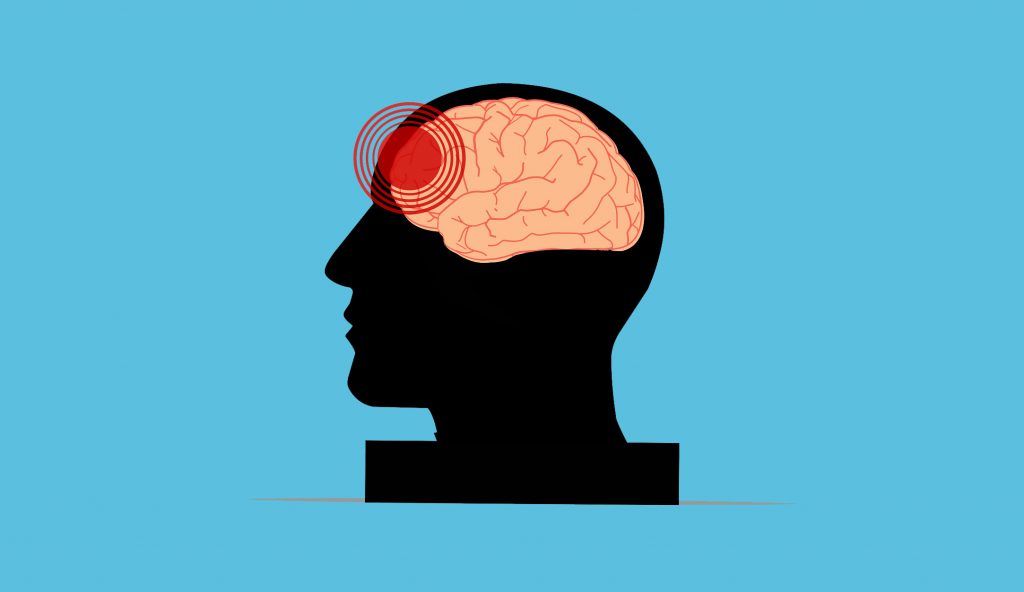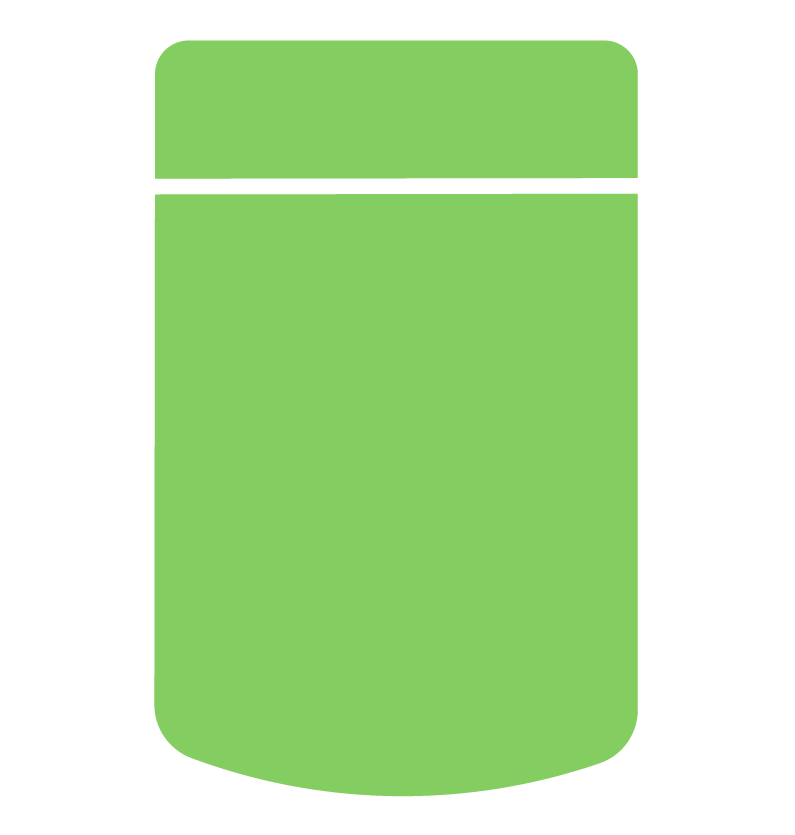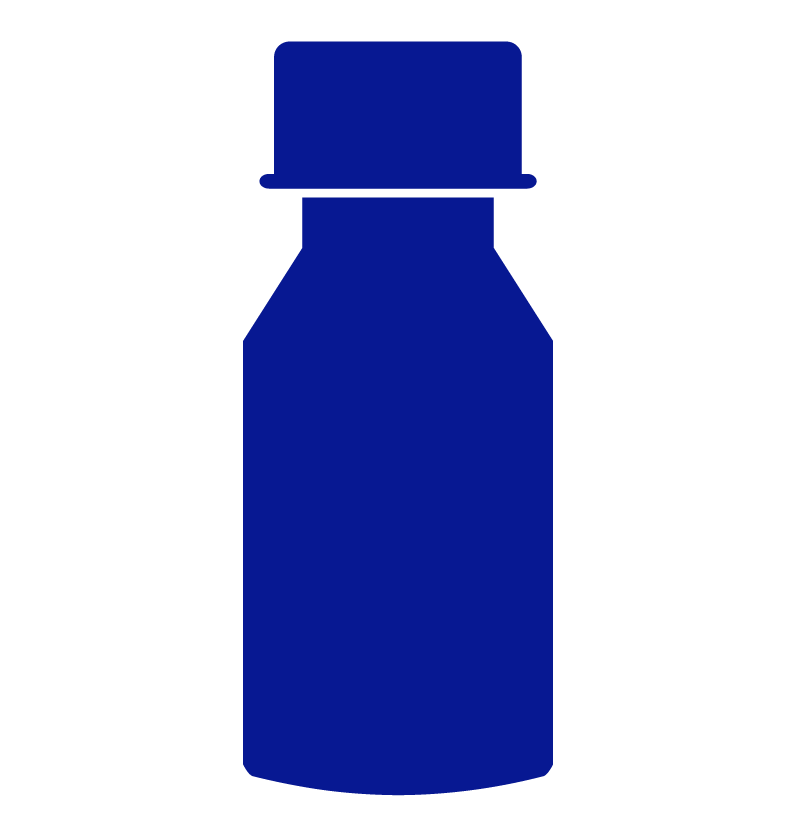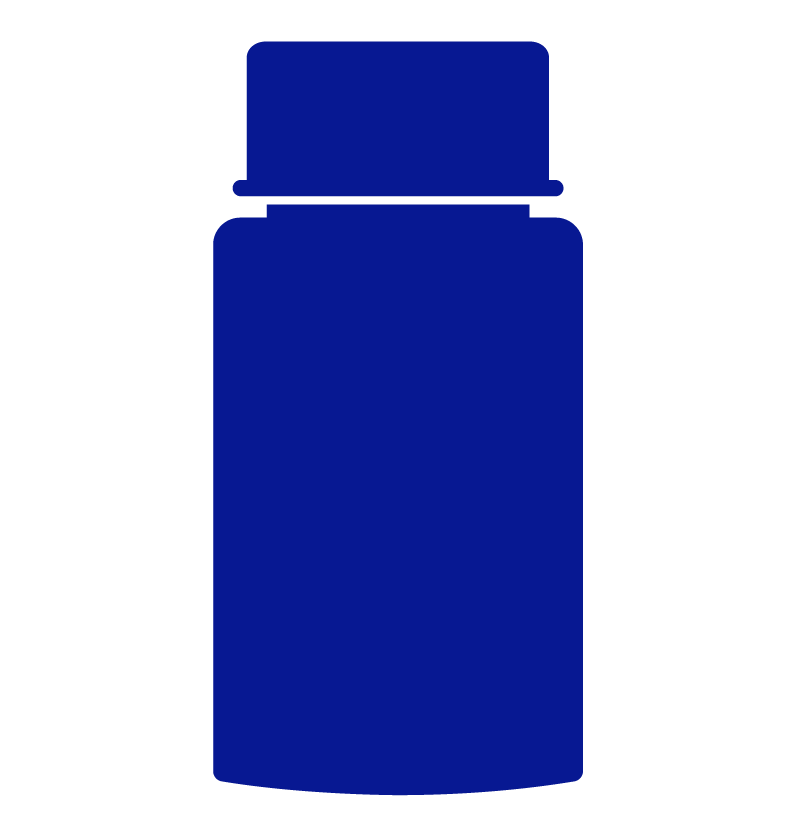Migraines are debilitating headaches that affect millions of people worldwide. These intense headaches often come with a range of symptoms, including severe pain, nausea, and sensitivity to light and sound. For many migraine sufferers, finding effective treatments can be challenging. However, an increasing body of research suggests that medicinal cannabis may hold promise in alleviated the symptoms of migraines.
Migraine Awareness Month, observed annually in June, serves as a critical opportunity to shed light on the impact of migraines and raise awareness.
Understanding Migraines and Conventional Treatments
Migraines are complex neurological disorders characterized by recurring headaches that can last for hours or even days. They can significantly impact a person’s quality of life, productivity, and overall well-being. Conventional treatments for migraines often involve over-the-counter pain medications, prescription drugs, lifestyle modifications, and avoidance of triggers. However, these approaches may not always provide satisfactory relief or can have adverse side effects.
Cannabinoids and Migraine Relief
The cannabis plant contains over 100 cannabinoids, with two main ones THC and CBD. Both THC and CBD have shown potential in addressing migraines, although their mechanisms of action differ.
• THC: Tetrahydrocannabinol, the intoxicating/psychotropic component of cannabis, has been found to have pain-relieving properties. It can potentially help alleviate migraine-related pain by interacting with cannabinoid receptors in the brain and central nervous system.
• CBD: Cannabidiol, a non-intoxicating cannabinoid, is known for its potential analgesic and anti-inflammatory properties. It may offer relief from migraines by modulating pain perception, reducing inflammation, and promoting relaxation. CBD is also believed to have anti-nausea effects, which can be beneficial for migraine sufferers who experience nausea and vomiting during attacks.
• Balanced CBD:THC Effects: Some studies suggest that the combination of THC and CBD may have a synergistic effect, potentially enhancing the therapeutic benefits for migraine relief. This combination may offer a balance between pain reduction and minimizing any psychotropic side effects.
Considerations and Precautions
While cannabis shows promise in managing migraines, it is crucial to consult with a knowledgeable healthcare professional before considering medical cannabis for migraines. They can provide guidance on dosage, product selection, potential drug interactions, and ensure it is safe with your overall health condition.
• Methods of consumption: THC and CBD have different effects depending on whether they are used to treat acute migraine attacks, reduce migraine frequency, or both.
Inhalation of dried cannabis with a vaporization device has a fast-acting effect that usually begins to take effect in 3–10 minutes and lasts for 2–4 hours. Due to its fast onset of action, patients report using this method for acute migraine attacks.
Oral ingestion of cannabis oil or softgels take longer to work but typically last for 8-12 hours. Patients report using this method to avoid migraines and to reduce their frequency and intensity.
• Product selection: Different cannabis cultivars and products may have varying levels of cannabinoids and terpenes, which can influence their effects. Cultivars and products higher in CBD and lower in THC may be more suitable for individuals seeking migraine relief without significant psychotropic effects.
• Individual responses: The effects of medicinal cannabis can vary from person to person. It is important to start with low doses and gradually titrate to find the optimal dosage that provides relief while minimizing any unwanted side effects.
While there is potential for cannabis as a migraine treatment, more research is required to determine its efficacy, safety, and best application. Please consult with your healthcare practitioner if you’re thinking about trying medicinal cannabis as a migraine alternative treatment.
Need help getting a medicinal cannabis treatment plan for migraines?





